
Smarter email, faster business.
Trending
US Firm and Abu Dhabi Collaborate on Successful Flying Taxi Test
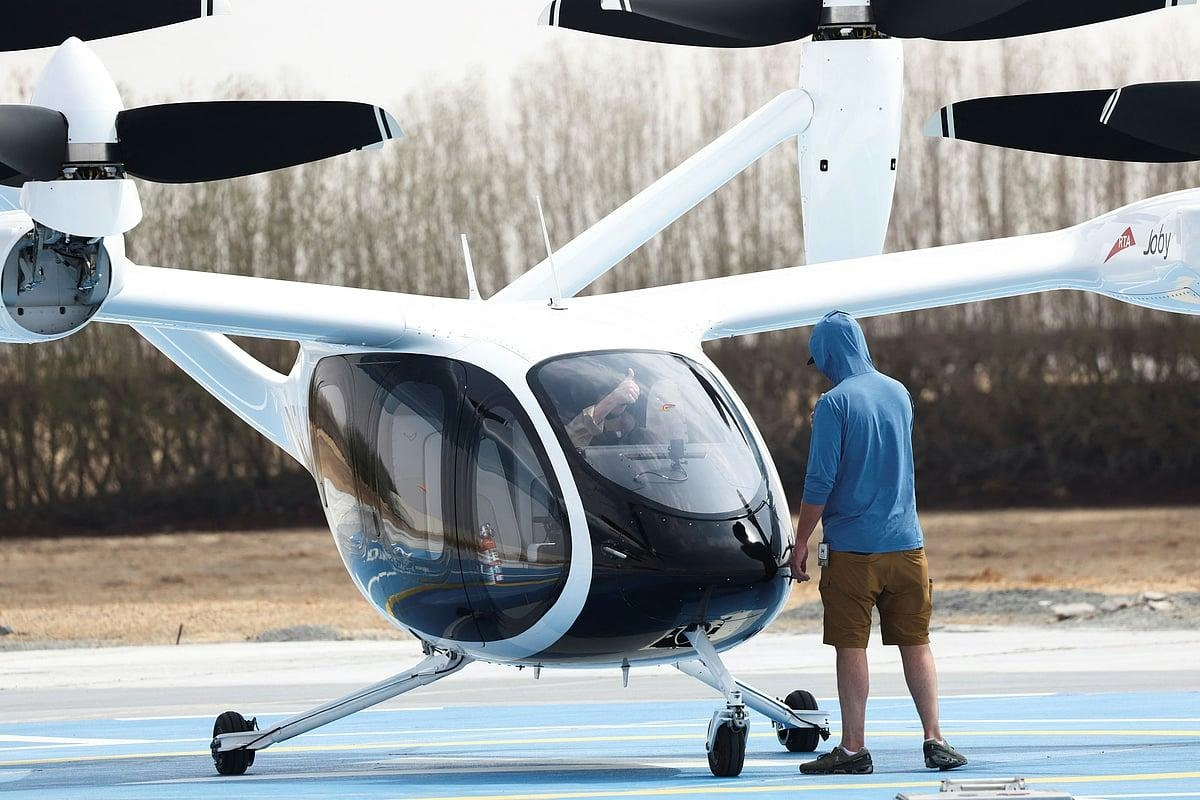
US Firm and Abu Dhabi Collaborate on Successful Flying Taxi Test
Milestone in Urban Air Mobility
Abu Dhabi has marked a significant advancement in urban air mobility with the successful completion of its first flying taxi test at Al Bateen Executive Airport. This achievement, realized through a partnership between US-based Archer Aviation and the Abu Dhabi Investment Office (Adio), represents a crucial step toward the planned commercial launch of air taxi services by early 2026. The test flight underscores the emirate’s ambition to become a regional pioneer in integrating advanced aviation technologies into its transportation infrastructure.
Omran Malek, Head of Autonomous Mobility and Robotics at Adio, emphasized that this test is part of a broader, structured evaluation process aimed not merely at launching a flying taxi service but at establishing a comprehensive aviation ecosystem. He highlighted the initiative’s scope, which extends beyond flight operations to include pilot training, maintenance, repair and overhaul (MRO) facilities, talent development, and manufacturing partnerships, notably with Archer Aviation’s upcoming facility in Al Ain. Collaborations with local universities are also underway to develop specialized curricula and short-term diplomas, preparing a skilled workforce to support the emerging sector.
Testing and Future Plans
The ongoing testing phase will continue throughout the summer, focusing on assessing the aircraft’s performance under Abu Dhabi’s challenging environmental conditions, characterized by high temperatures and dust. Dr. Talib Alhinai, UAE Manager at Archer Aviation, explained that the current tests involve unmanned vertical takeoff and landing flights designed to evaluate the aircraft’s readiness for the region’s climate. This approach allows the team to gather critical data on operational viability before progressing to manned flights.
Following the testing period, Archer plans to deploy a small fleet of air taxis in Abu Dhabi. The company’s priorities for commercial operations include ensuring safety, developing fully functional vertiports, and integrating the service seamlessly into the city’s airspace management system. Manufacturing of the aircraft is slated to begin in Al Ain in 2027, with ambitions to export the technology to other countries across the region.
Malek stressed that the service aims to be accessible to the general public rather than exclusively targeting luxury travelers. He noted that as the network of vertiports and aircraft expands, the cost of using the service is expected to decrease, making daily use feasible for a broader segment of the population.
Challenges and Regional Competition
Despite the progress, the path to commercialization faces several challenges, including regulatory approvals, safety considerations, and competition from other electric air taxi companies such as Eve Air Mobility and Joby Aviation. The sector is attracting significant investor interest, prompting competitors to accelerate their own testing and commercialization efforts. Joby Aviation, for instance, recently completed a successful test flight in Dubai and is actively pursuing strategic partnerships to mitigate operational risks.
With Archer and Joby advancing rapidly, the UAE is positioning itself as a leader in urban air mobility. The country aims to transform daily travel and establish new standards for the future of transportation in the region, leveraging its strategic investments and regulatory support to foster innovation in this emerging industry.
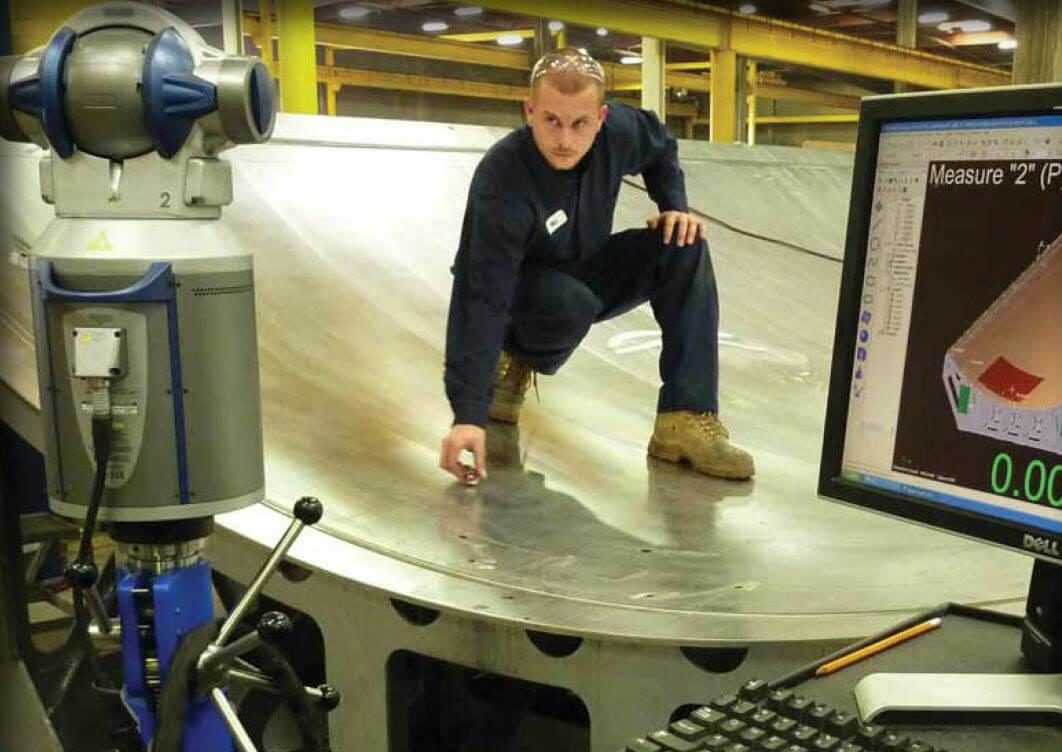
Rethinking Assurance Models in Aerospace
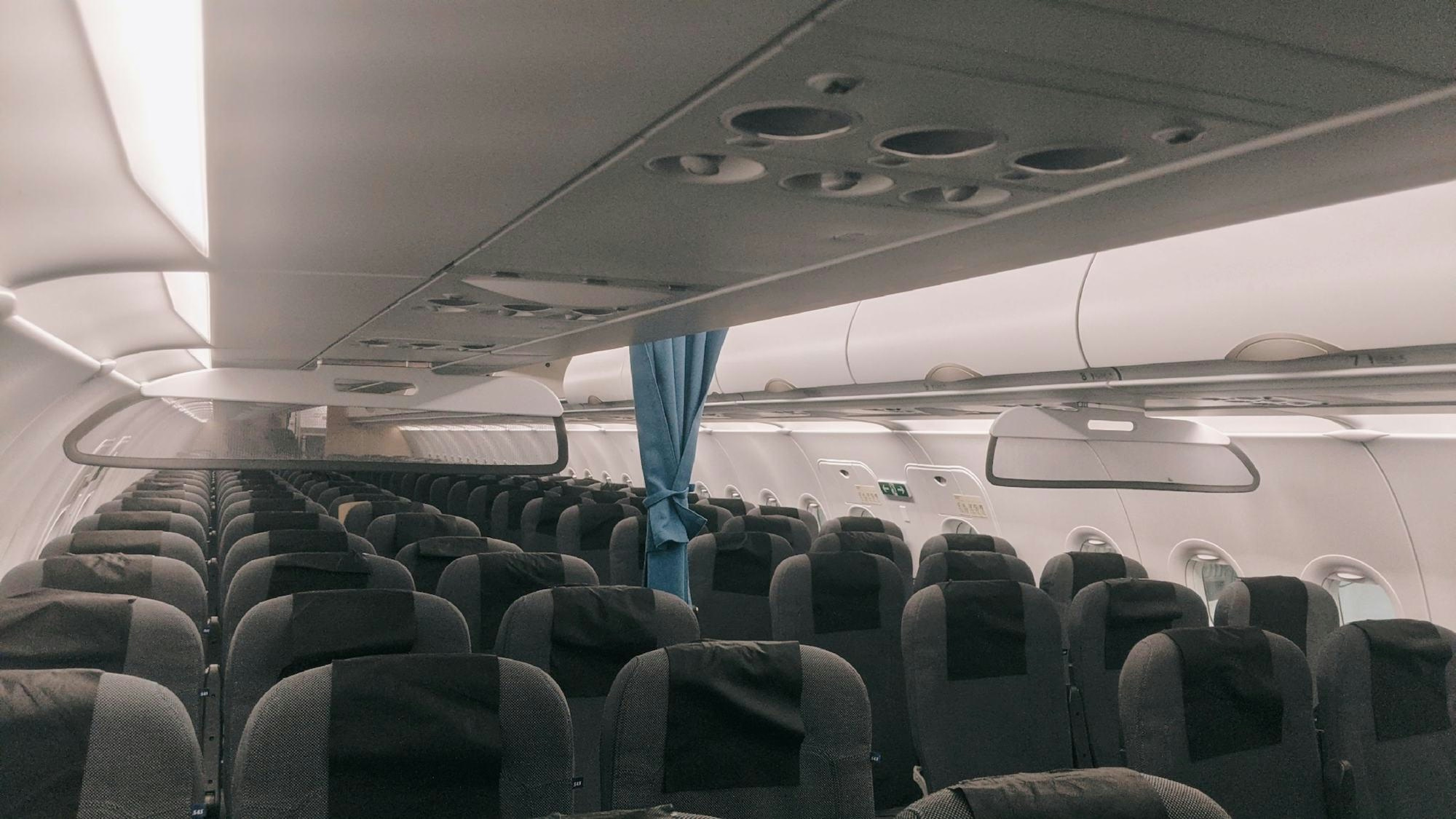
J&C Aero Supplies Movable Class Dividers for 110 SAS Aircraft

AerCap Wins $1 Billion Russia Insurance Claim, Completes 116 Aircraft Deals in Q2 2025

FL Technics Named Authorized Collins Aerospace Dealer
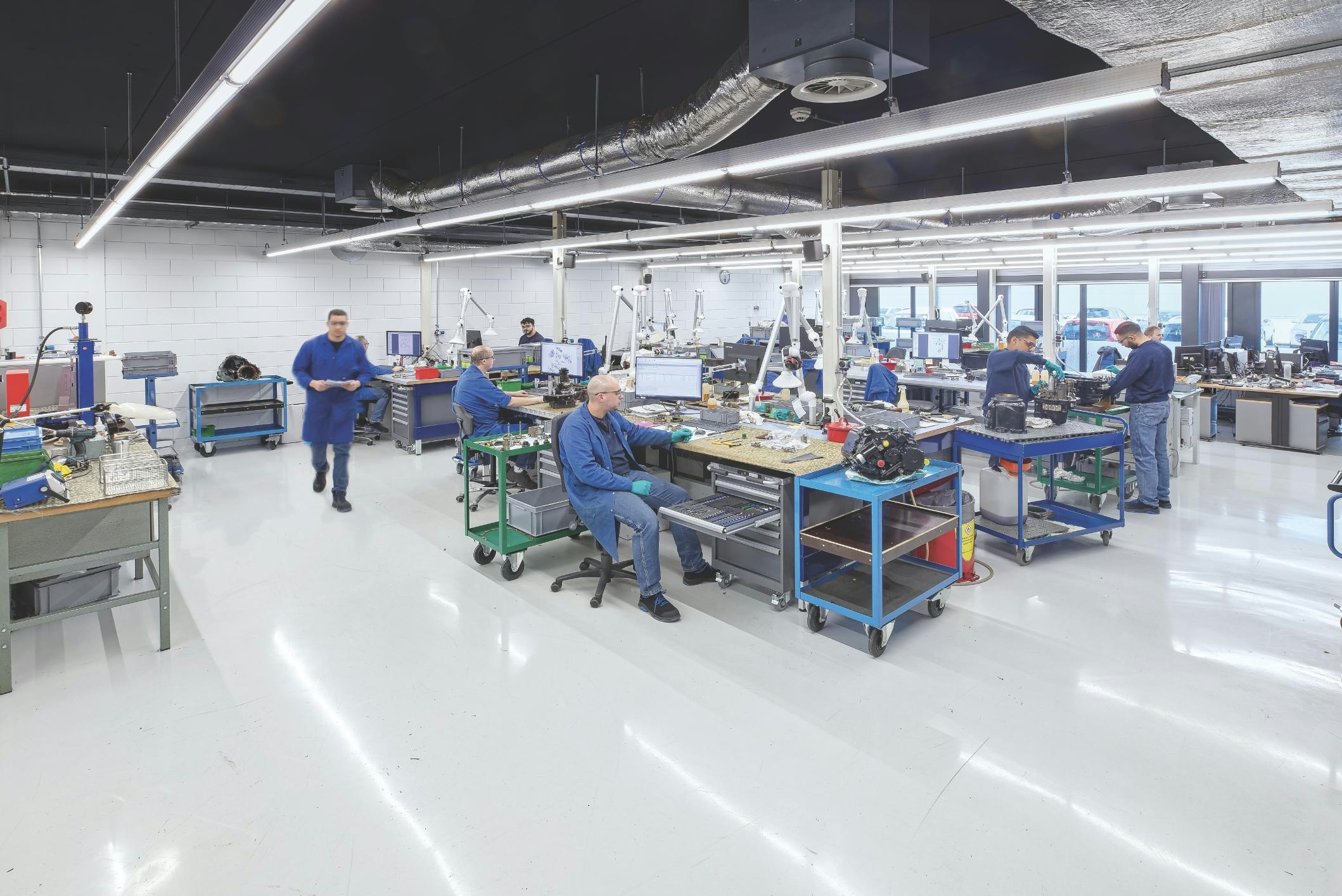
Fokker Services Group Appoints New Supervisory Board
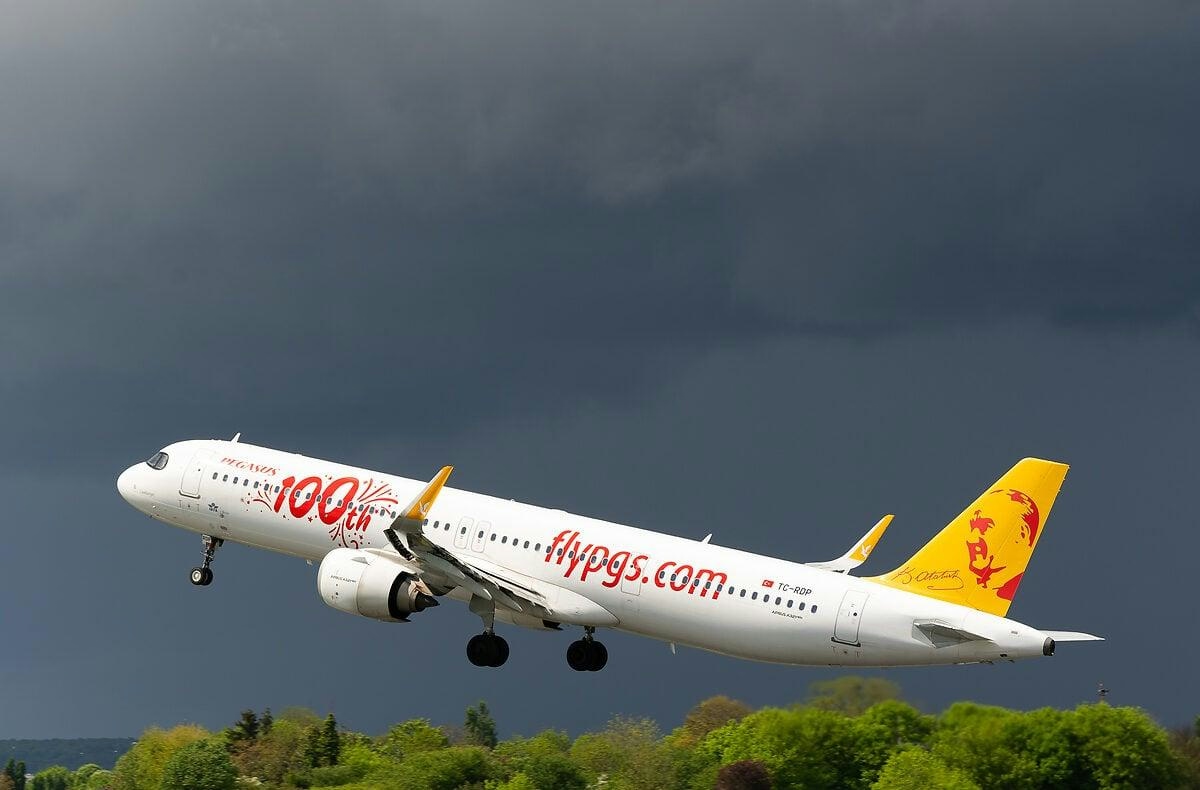
ABL Aviation Delivers Airbus A321neo to Pegasus Airlines
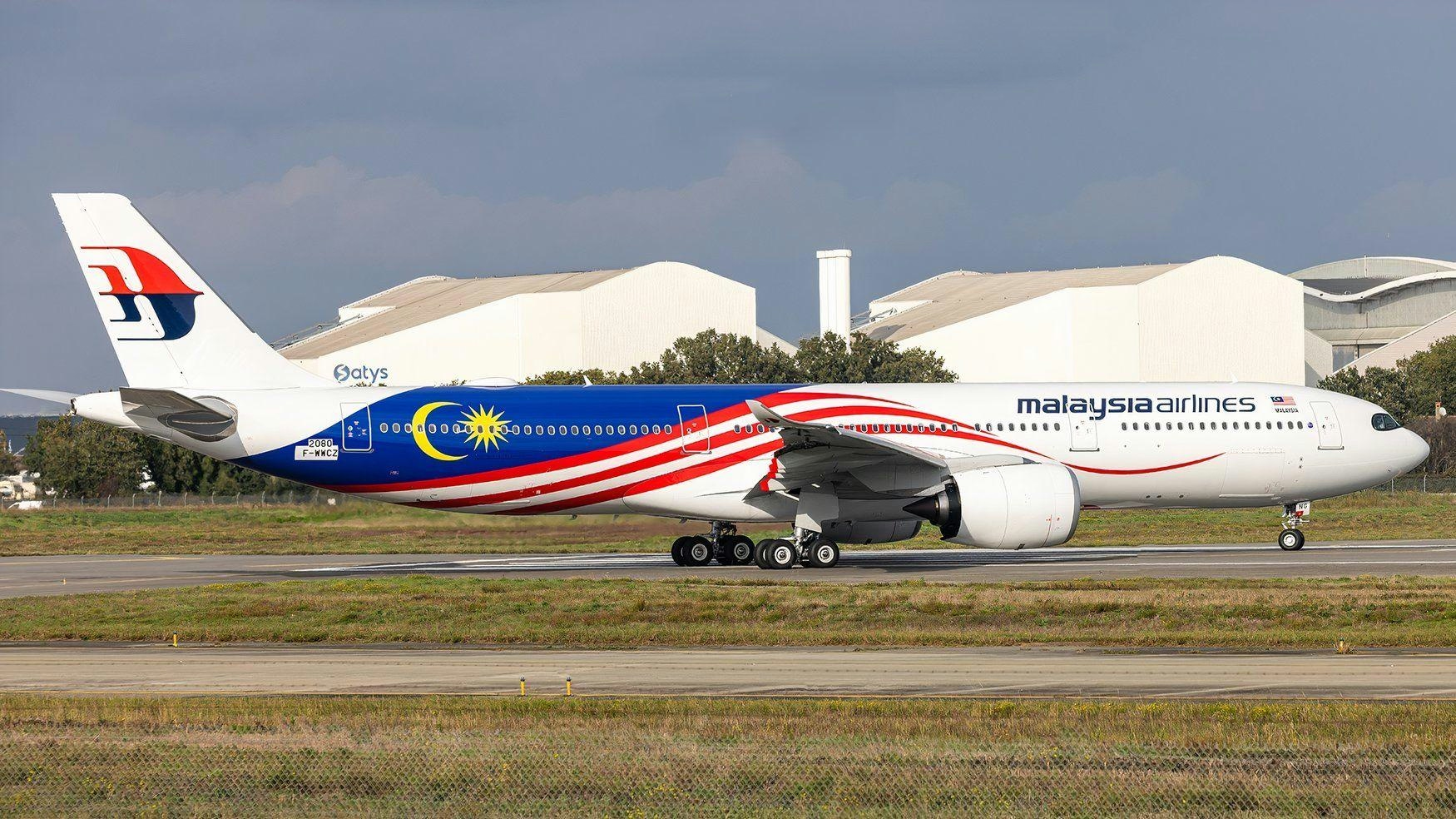
Malaysia Aviation Group Expected to Confirm Airbus A330neo Order During Anwar’s Paris Visit
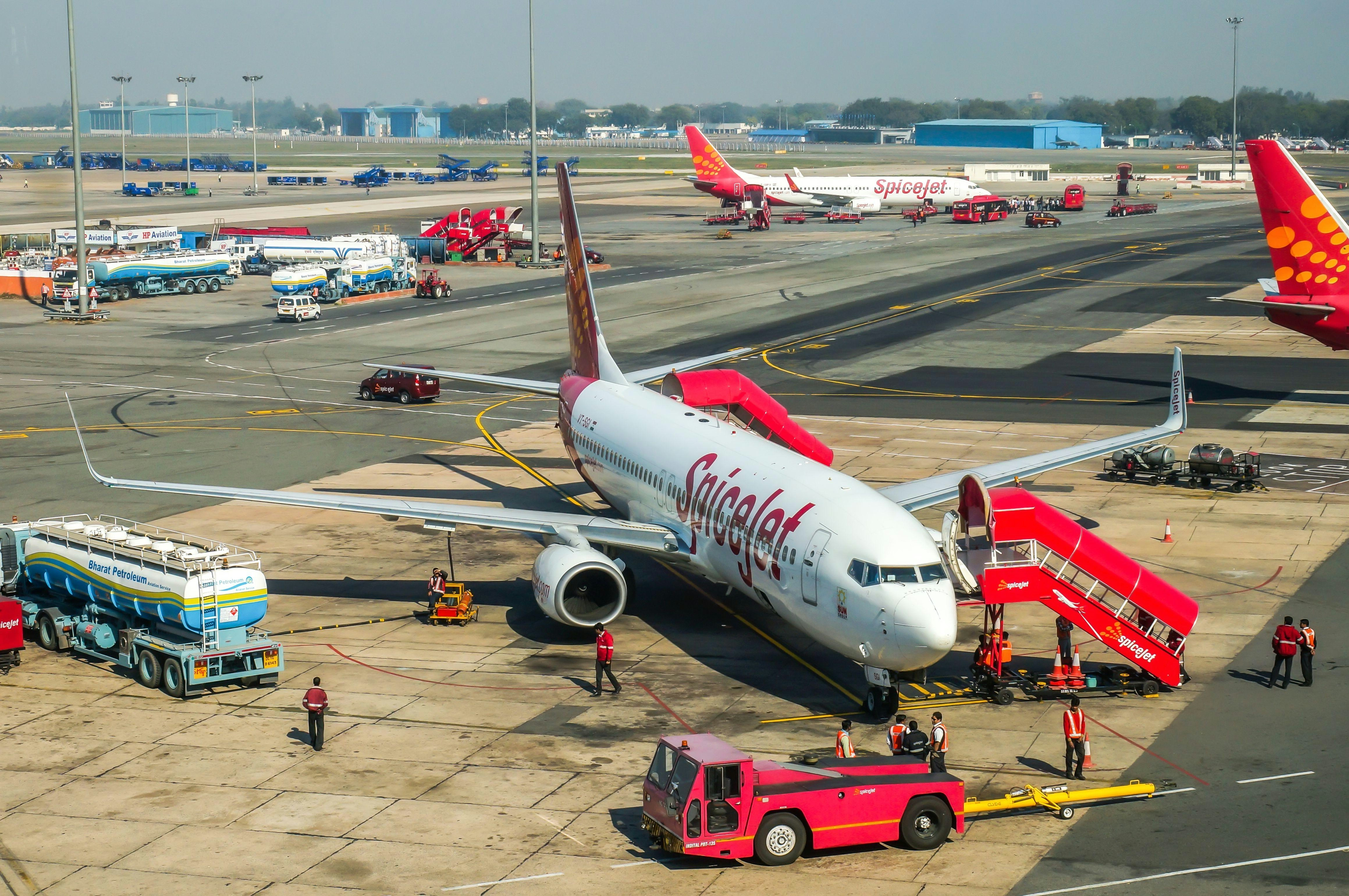
SpiceJet Receives First Two Overhauled Engines, Returns Another Boeing 737 NG to Service
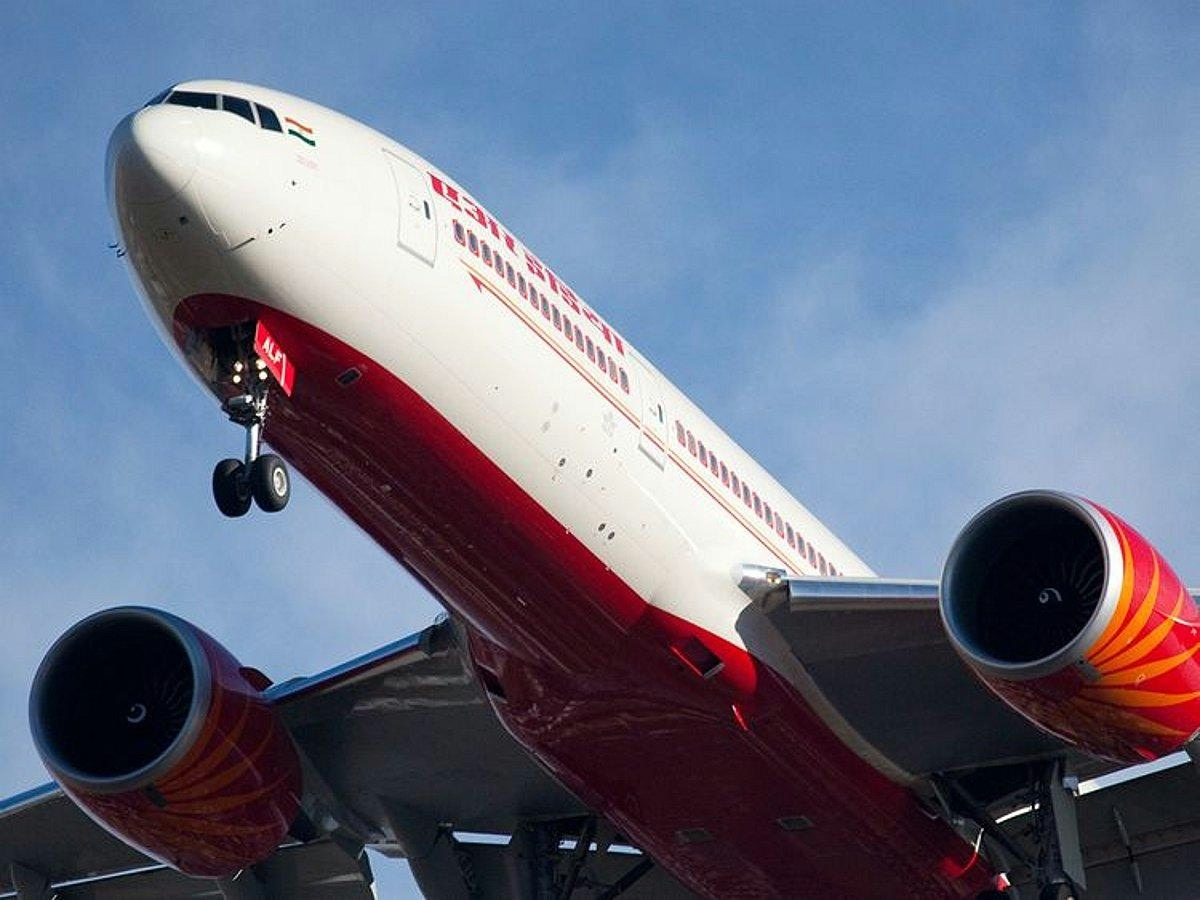
Air India Cancels Delhi-Washington Flight Over Technical Issue in Vienna
